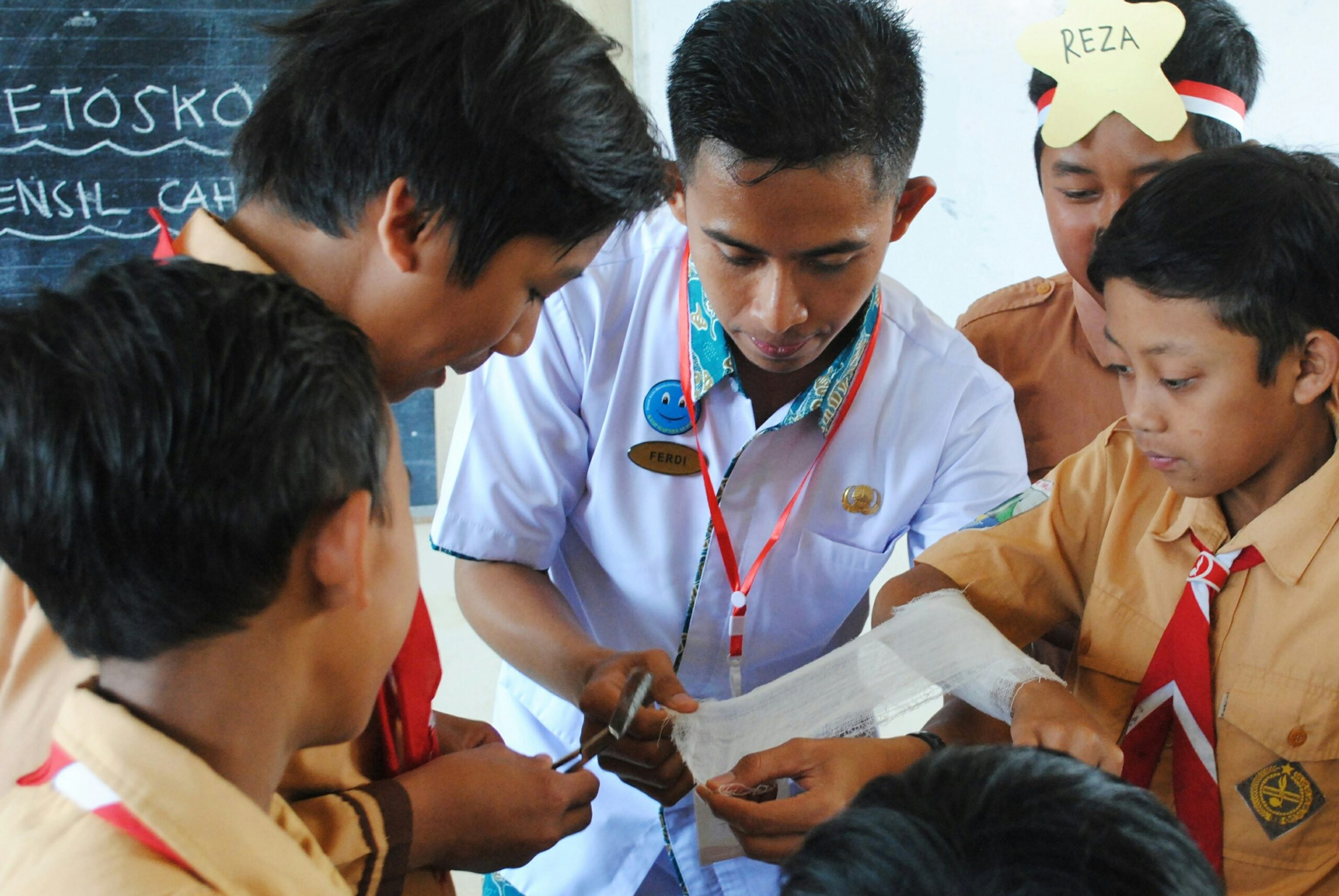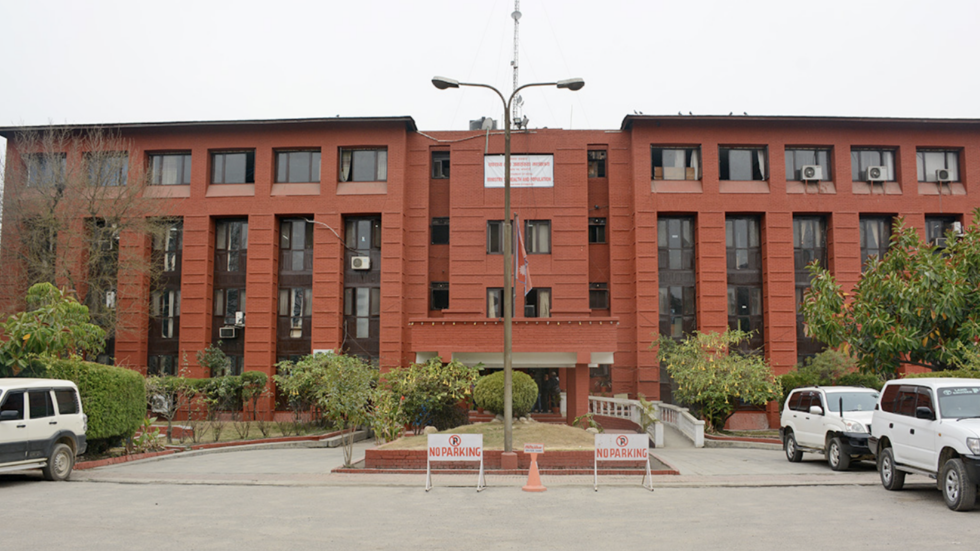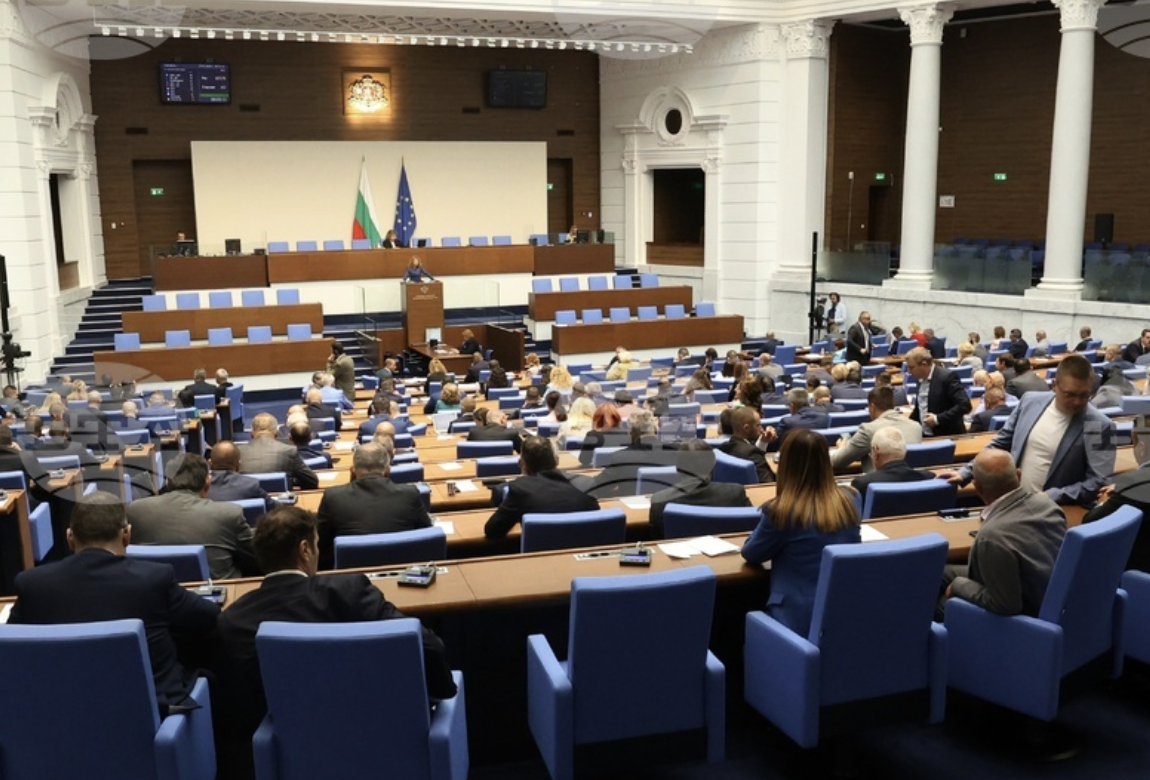Out-of-pocket health spending in the Philippines hit ₱615B in 2024, 42.7% of total healthcare costs, exposing families to debt as government schemes lag behind rising expenses. Experts urge reforms and new financing tools like sin taxes to ease the unsustainable...








